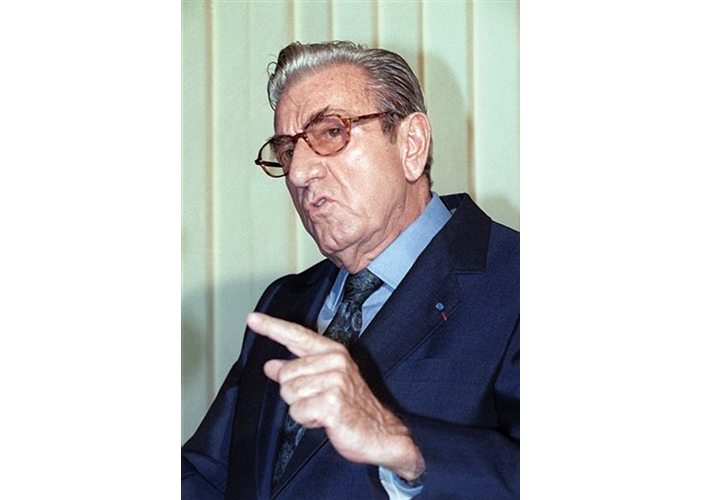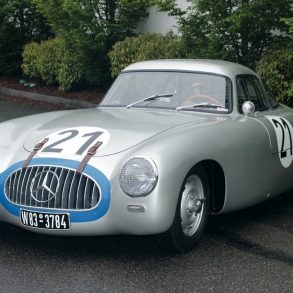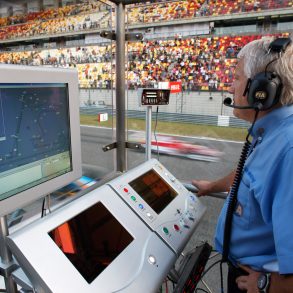Jean-Marie Balestre, the controversial president of FISA and the FIA throughout the 1980s, passed away on March 27 at the age of 86.
Balestre’s notoriety started during World War II when he served in a French regiment of the Nazi SS. After France was liberated, Balestre was imprisoned for his wartime affiliations, but was later released when he convinced prosecutors that he was, according to Balestre, working for the Resistance as a double-agent.
Balestre went on to enjoy a successful career in the French publishing world, eventually owning Auto Journal and Le Figaro. It was through his media influence that he was first elected to France’s national motor sport body and later elected to head the FIA’s motor sport committee, from which he created FISA, a new separate entity to oversee all of Formula One.
Balestre’s control of Formula One soon gathered the ire of many of the team owners, who felt that they were not receiving their fair share of the income generated through such areas as television rights. This rift led to the now-famous FISA-FOCA wars of 1980–1981, where Balestre battled with FOCA leaders Bernie Ecclestone and Max Mosley for control of Formula One. Ultimately, a negotiation was reached that handed the governance of Formula One to the FIA but the commercial rights to Ecclestone and FOCA, thus creating the so-called “Concorde Agreement,” which still allocates much of the commercial spoils of Formula One to this day.
After the FISA-FOCA debacle, Balestre lost much of his powerbase, resulting in him losing the FIA presidency to Max Mosley in 1991. From that point on, Balestre served as the president of French motor sport until his retirement in 1996.










